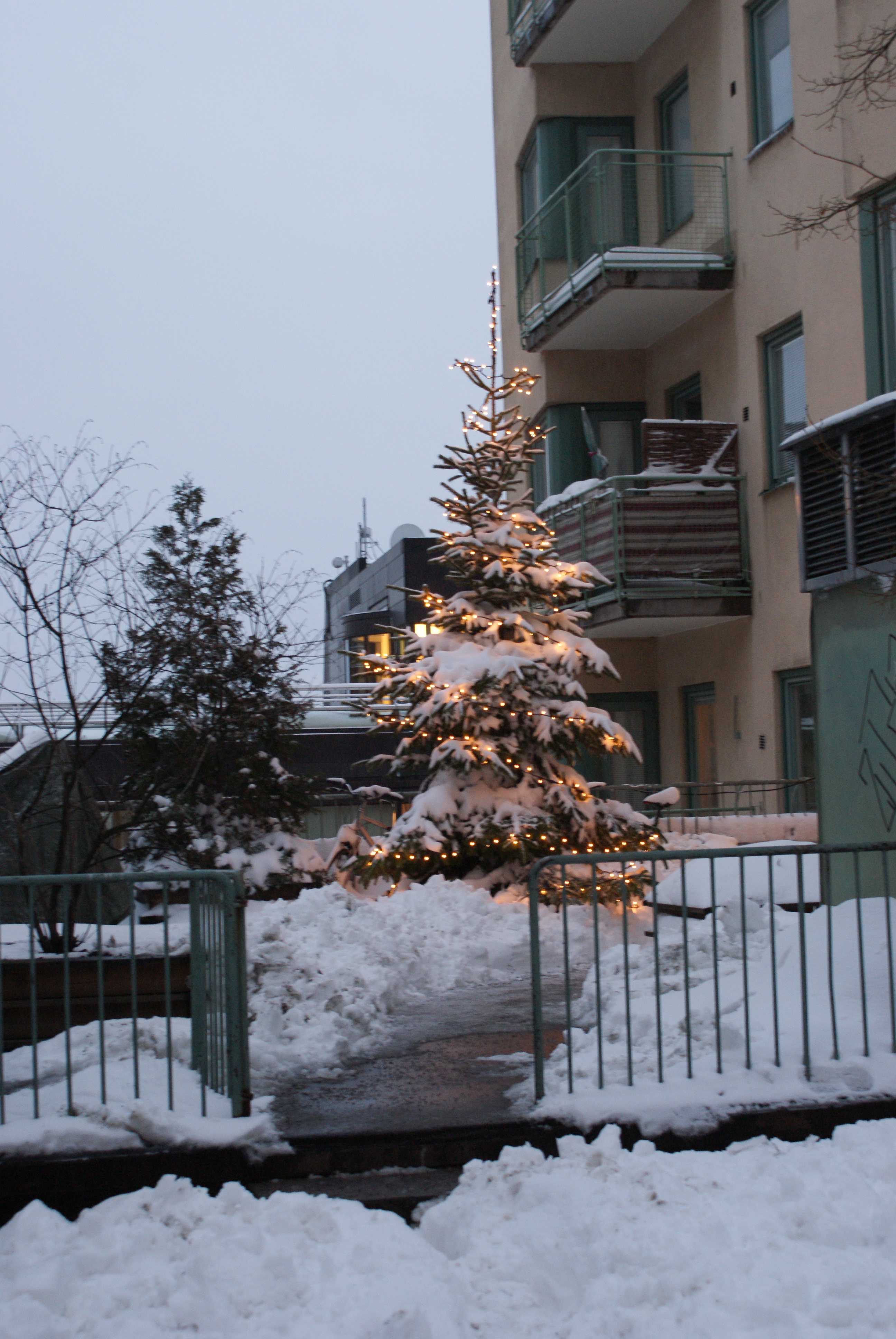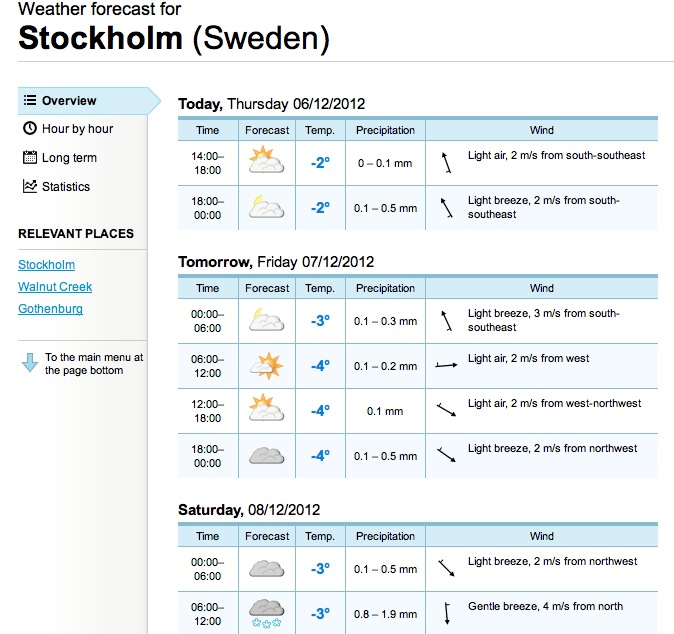File under: Missing the Point
 Thursday, December 13, 2012 at 5:18AM
Thursday, December 13, 2012 at 5:18AM Over at Salon, Katie Roiphe weighs in on one of this week's "issues of the moment," older parenthood, in an article entitled "The Feminist Fertility Myth." The subheading reads like so: "Why do women believe they can delay children for so long?"
Roiphe writes in response to Judith Shulevitz's piece now up in The New Republic, and she challenges both the idea that women can "have it all" (a subject for another post, but one I successfully avoided dealing with/reading about all summer--don't get me started here) and that they
"...should be able to have children...that the world should not be withholding an experience like motherhood from you because you have dedicated yourself to your career and adventures in your 20s and 30s. We tend to view basic biology as a practicality to be surmounted, something trivial and irritating that shouldn't get in the way of the promise of a full life. It's almost as if we are shocked that nature itself has not read The Second Sex and The Feminist Mystique."
Sigh. Where to begin? As a writer, I claim the right to respond with a story. This is a story that an American woman recently told me--just last weekend, in fact. She is married to a Swede, has two children, and has raised them in both the US and Sweden, where they currently live.
Once upon a time, she said, the Swedish birth rate was one of the worst in Europe. It was bad. No one was replacing anyone else, and in a country where, post-WWII, social support structures for the elderly were becoming even more societally important, this was a problem.
So the Swedish government did what Swedes are wont to do: they looked into the problem systematically. They found a bunch of Swedish women of childbearing age and asked them why they weren't choosing to have children. And the answer? Well, it wasn't that they felt that biology or Mother Nature owed them--it was simply that they lost too much by putting their careers on hold. They lost earning potential, they lost their ability to support themselves, they lost their identity outside of being a mother, and they got little to no help from their partners or society. So they gave it a pass.
Pragmatic as always, the Swedish government took action. They instituted some of the best parental leave requirements in the world. They made daycare accessible and affordable. They provided child support payments to make up for the loss of income while on leave (Swedes are paid a percentage of their salary by the government while out, but not the whole thing unless the company chooses to make up the difference). Most recently, they extended the mandatory (yes, extended. Yes, MANDATORY) paternal leave. If dads don't take the leave, both parents lose out. BOTH parents expect to take time off, and BOTH parents expect to return to their jobs, without penalty, when that time is over, or at least be able to look for a new position without having a black mark on their resume for the two "empty" years spent bringing up their kids. And from what I can see, what they expect is how it usually happens. (And just as a note, 'both parents' can and does cover same sex couples as well.)
And lo and behold, while it took some years, the birth rate here is currently doing pretty well. Stockholm in particular is in the middle of a little baby boom, something immediately apparent if you spend time anywhere outside of your home. And there are lots of parents--fathers and mothers both--out with their babies during the day, because they can't go to daycare until they are around two. (I told some Swedes once that lots of parents in the US have to put their kids in daycare from eight weeks or so, and they were absolutely horrified. "That's way too young!" they said. "Kids that little need their parents!" I couldn't do much but agree.)
The social message here is clear: children are important. Parents are important. They are so important that we will make sure everyone involved in bearing, birthing, and raising kids is able to keep both the little ones and themselves happy and healthy. Swedish women don't seem to have children in their mid-twenties, but they also aren't waiting around until they're forty. Early thirties seems to be it, and it seems to be working well.
The system isn't perfect. But it does NOT treat having a child as some sort of duty borne only by women, for which they (and they alone) must be willing to sacrifice their careers, earning potential, and independence. It doesn't label as selfish women who choose to establish themselves in their 20s and 30s, knowing that because of the way things work, having a child earlier would leave them (and their children!) less secure in the future.
Looking at the US from a distance, the moral tinge to this mandate (and Roiphe's article is just full of it) is even clearer to me now than it was while living there. Oh, those selfish mothers who won't make enormous sacrifices on the "appropriate" timetable. Oh, those women who think that they can have a job and thus ESCAPE BIOLOGY. Oh those future mothers trying to resist the pull of the kitchen and apron strings when we all know that their children would be better off if they'd just get back where they belong.
Look, Slate. I like you. But Roiphe is missing the point. It's not about looking at the choice many, many women are making and then condemning it as detrimental to society. It's about looking at society and asking why it can be detrimental to the point where so many women are making the same choice.



